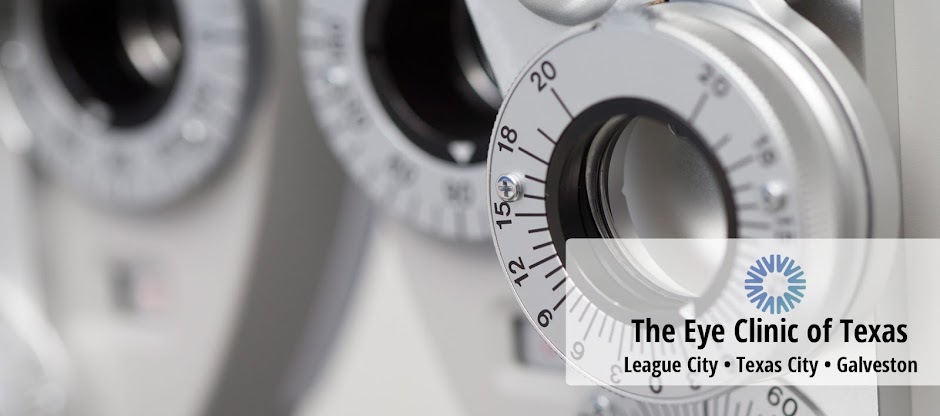“I came to The Eye Clinic of Texas because I
knew there was something wrong with my vision.
I wasn’t seeing well anymore, felt uncomfortable driving and the light
sensitivity and glare I had was debilitating.
Working as a car salesman, the lighting in the show room is so bright
and it was at times painful to be at work and I would often put my shades on at
the office. I did not expect to be
diagnosed with cataracts and needing cataract surgery. I am only 55, I thought this would happen
later in life! I took Dr. Milstein’s
recommendation and selected the astigmatism correcting lens which would improve
my distance vision. The pre-operative
testing and surgery were easy. Not many
people I would assume say this but I was anxious to get back to work to see how
better my vision was and if the sensitivity to light and glare improved. It did!
Something else I noticed is that while test driving the cars with my
clients, I did not realized until AFTER surgery how bad my distance vision for
driving really was prior to surgery.
Thanks Dr. Milstein and staff, I could not be more satisfied!”-Joe T
If you or someone you know is experiencing
cataract symptoms such as cloudy foggy vision, glare or difficult night driving
and would like to learn more about cataract surgery & lens implants please call The
Eye Clinic of Texas, an affiliate of Houston Eye Associates, at 800-423-3937,
visit The Eye Clinic of Texas, Google+ or facebook.com/ecot.lasik.
The Eye Clinic of
Texas is an affiliate of Houston Eye Associates, the largest ophthalmology
clinic in the nation. We are a leading eye care practice serving the greater
Houston, Galveston, League City and Texas City with offices at 1100 Gulf
Freeway, Suite 114, League City, Texas 77573, 7111 Medical Center Drive, Suite
110, Texas City, Texas 77590 and 2302 Avenue P, Galveston, Texas.


No comments:
Post a Comment